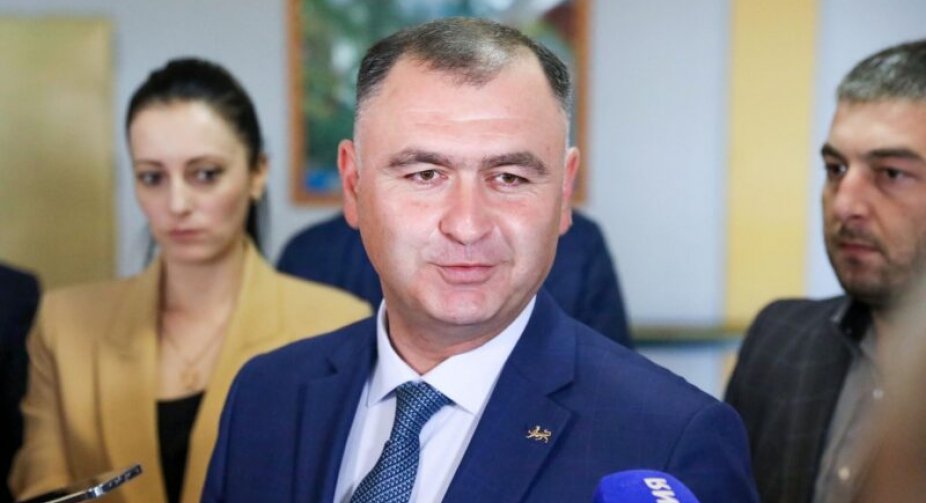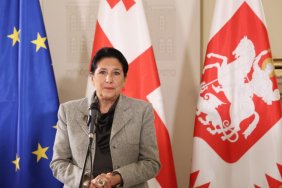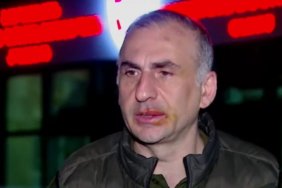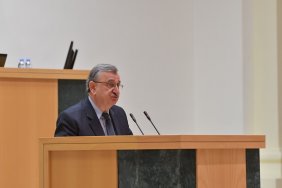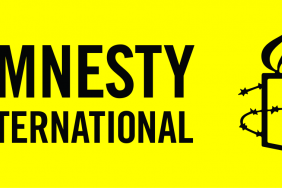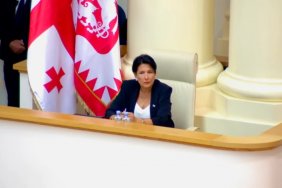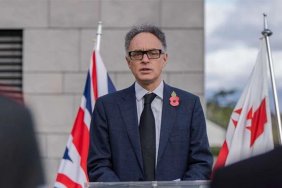A leader of the opposition party Nikhas Alan Gagloev has won so-called presidential elections in Georgia’s Russian-controlled Tskhinvali region, defeating incumbent “president” Anatoly Bibilov.
In the second round of the polls, which took place on May 8, Gagloev received 53.67% of the vote [14,505 voters], while Bibilov garnered 41.3% of the vote, which is 11,099 voters.
Voter turnout, according to “official figures”, was more than 68%.
Polling stations were also opened in the Akhalgori district [which came under Tskhinvali control after the Russia-Georgia 2008 war], where South Ossetian (Tskhinvali) passport holders were allowed to vote.
The de facto elections were monitored by 25 delegates from Russia, Abkhazia, and the Donetsk and Luhansk People's Republics [Ukrainian regions recognized by Russia as independent states].
"I am sure everything will end peacefully. Nowhere elections are held as democratically as in South Ossetia," Bibilov told a delegation from Russia during a May 7 meeting.
Gagloev ran for the post back in 2017, but came in third with 11% of the vote. The winner at that time was Bibilov with 58% of the vote.
In his previous comments, Gagloev said that holding a referendum over joining Russia should nor be something to be done in haste.
Prior to de facto elections, Bibilov said that the region had plans to hold two referendums, one about joining Russia and another about joining North Ossetia.
